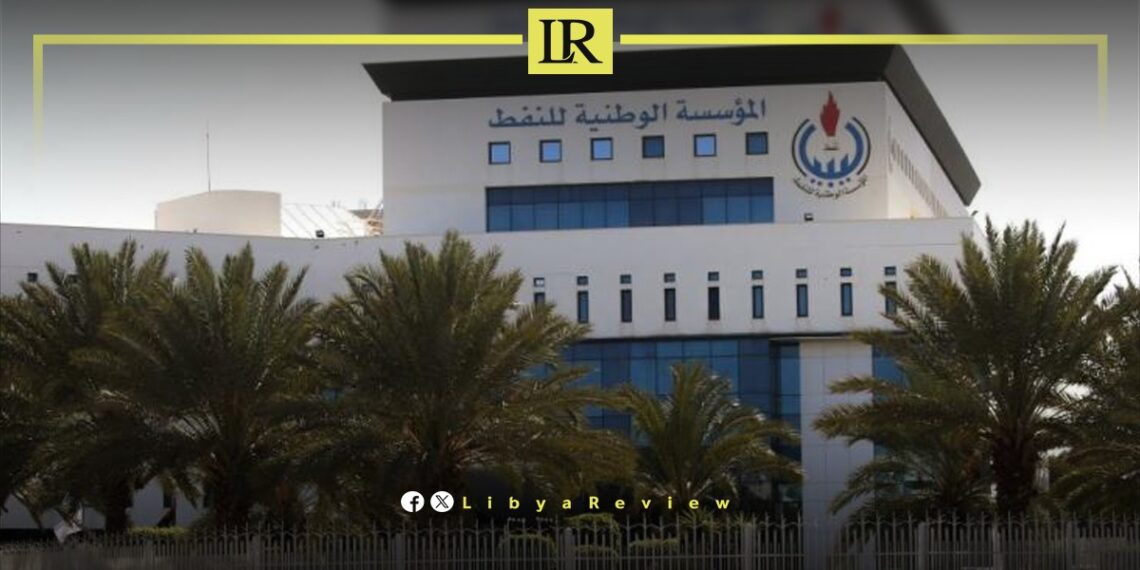On Sunday, the National Oil Corporation (NOC) of Libya firmly stated that it has not entered into any negotiations or discussions regarding the supply of crude oil to a Nigerian refinery. This clarification comes in response to recent remarks by the chairman of Dangote Refinery, a major player in Nigeria’s oil industry.
In an official statement, the NOC emphasized its unwavering commitment to its existing contracts with international partners. The corporation highlighted its adherence to a structured legal framework for the sale of Libyan crude oil, pointing out that it does not engage in spot market sales. The pricing of crude oil, according to the NOC, is determined by a committee of experts and subsequently approved by both the NOC and the Ministry of Oil and Gas.
This announcement follows a statement made on July 16th by the chairman of Dangote Refinery, who indicated that the refinery would seek to procure crude oil from African producers, including Libya, amid ongoing disputes with international oil companies operating in Nigeria.
The National Oil Corporation, Libya’s state-owned oil company, is pivotal in the exploration, production, and marketing of the country’s oil and gas resources. Despite the challenges posed by political instability and conflict, the NOC has managed to sustain oil production, which remains a cornerstone of Libya’s economy and a significant revenue source.
The Dangote Refinery in Nigeria, poised to become one of the largest oil refineries globally, is expected to process 650,000 barrels of crude oil per day upon completion. Owned by Aliko Dangote, Africa’s richest man, the refinery has faced difficulties in securing a consistent supply of crude oil due to conflicts with international oil firms and logistical challenges within Nigeria.
Libya holds the largest proven oil reserves in Africa, estimated at approximately 48 billion barrels. The oil sector is essential to Libya’s economy, accounting for nearly all export earnings and a substantial portion of the GDP. The NOC oversees oil production and export activities, collaborating with various international oil companies under production-sharing agreements.
Despite its potential, Libya’s oil industry faces significant challenges, including political turmoil, security issues, and infrastructure damage due to ongoing conflicts. These obstacles have intermittently disrupted oil production and exports, affecting global oil markets.


